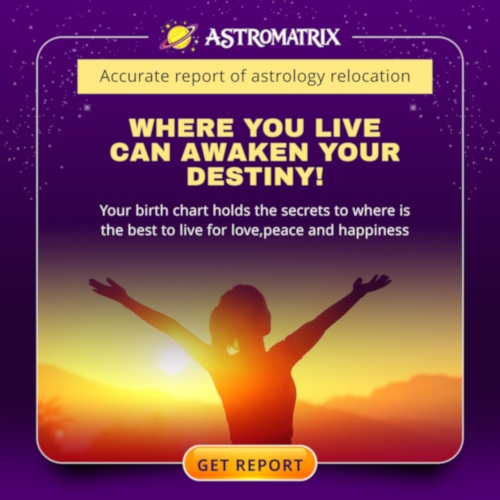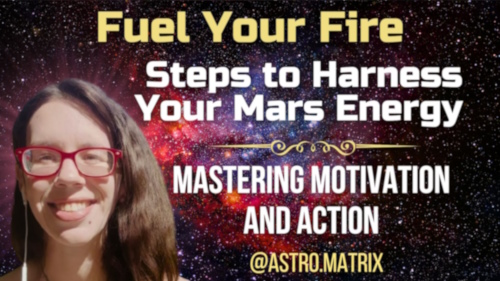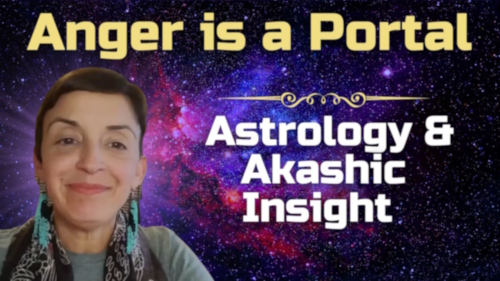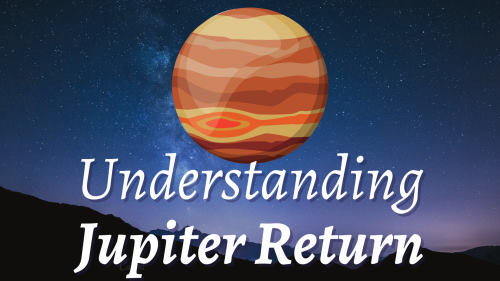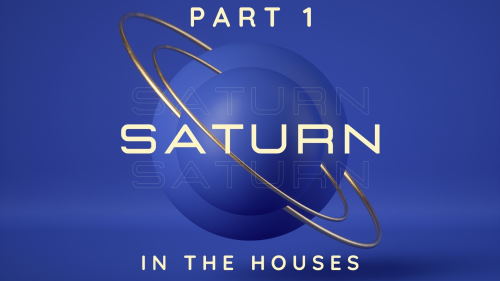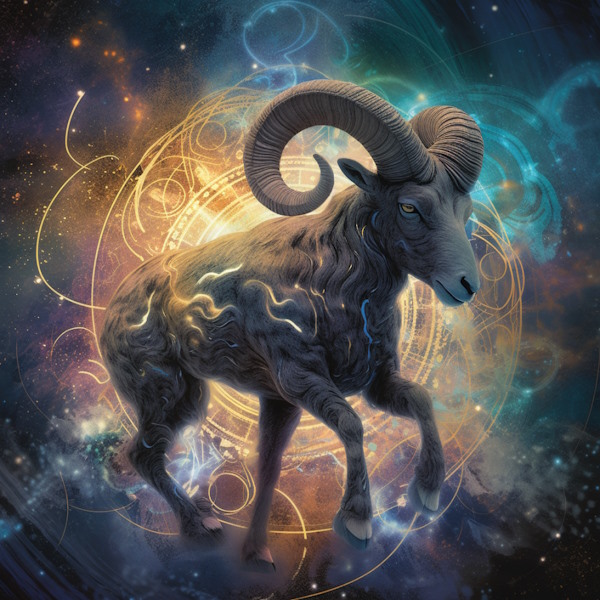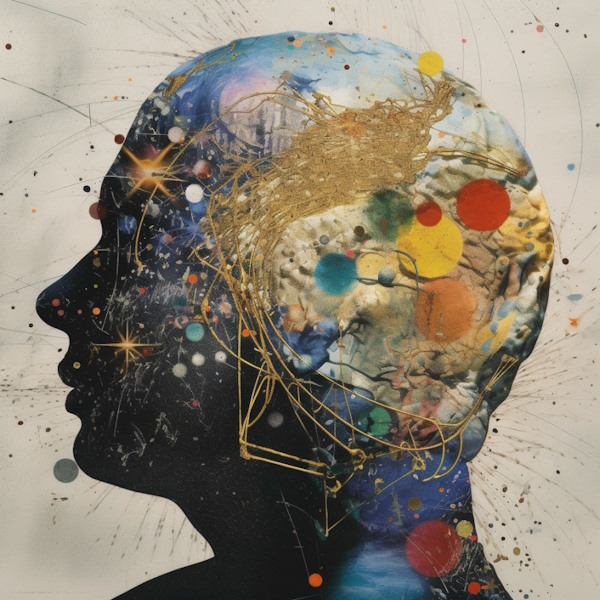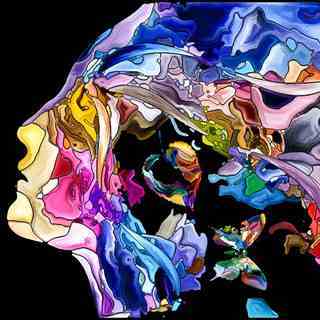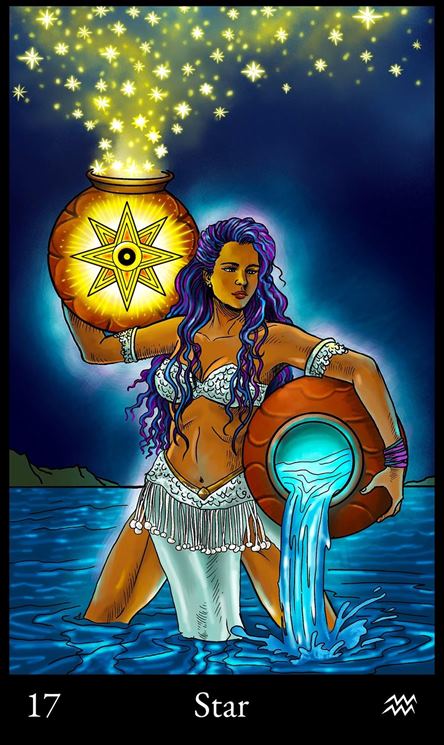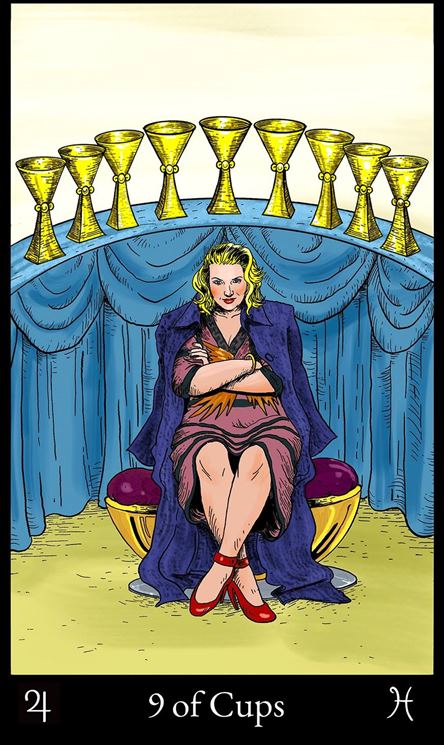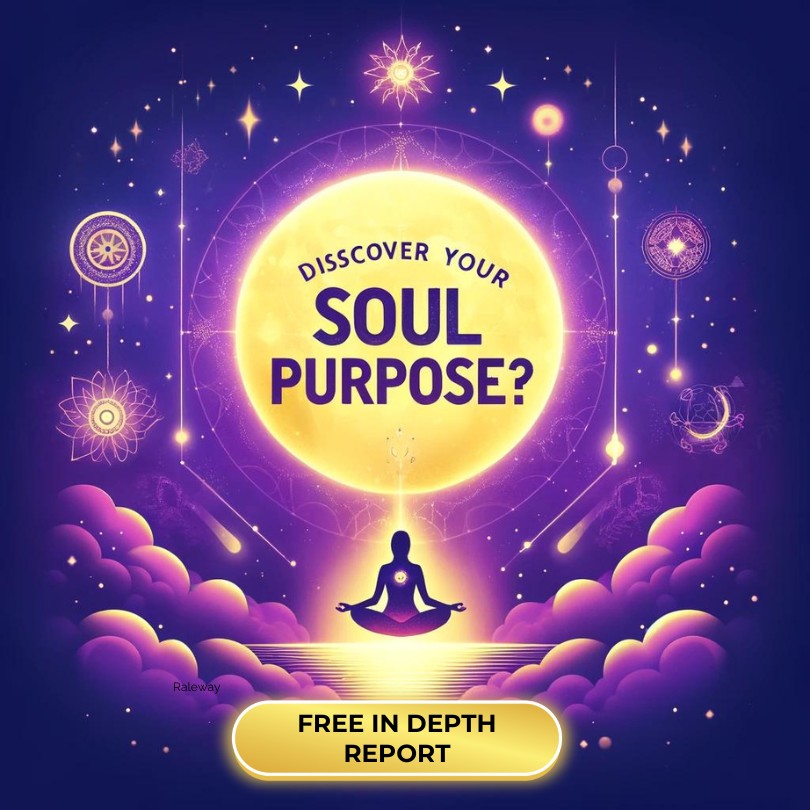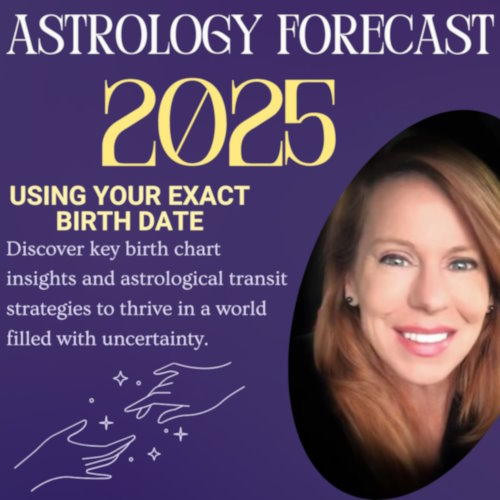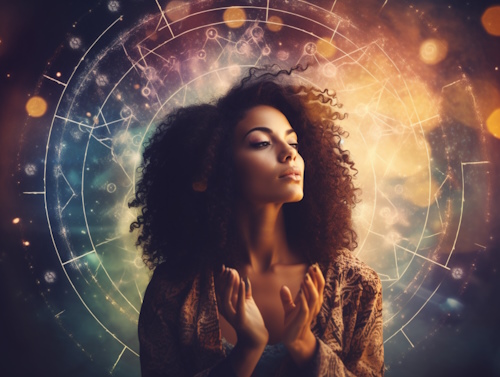Eris Inconjunct Moon ~ Synastry Aspects

"I have the strength to navigate emotional tensions, power struggles, and family dynamics, using them as catalysts for personal growth and healing in my relationship."
- Navigating emotions in relationships
- Finding balance in power dynamics
Eris Inconjunct Moon Opportunities
- Confronting deep-seated emotional wounds
- Addressing unresolved family issues
Eris Inconjunct Moon Goals
Eris Inconjunct Moon Meaning
The Eris inconjunct Moon aspect in synastry represents a potential challenge that can impact various areas of life.
Emotional Tensions: This aspect may create emotional friction and conflicts within the relationship, leading to a need for both partners to learn how to navigate and express their emotions in a healthy way. For example, one partner's need for independence may clash with the other partner's need for emotional security, leading to confrontations and a need for open communication and understanding.
Power Struggles: The Eris inconjunct Moon aspect can manifest as power struggles and a struggle for control. Both partners may need to find a balance between asserting their individuality and compromising for the sake of the relationship. This aspect can reveal underlying power dynamics that need to be examined and transformed. For instance, one partner may feel the need to dominate and assert their authority, while the other partner may resist and assert their own autonomy, leading to ongoing conflicts and tension.
Family Dynamics: This aspect can influence family dynamics, potentially bringing up unresolved issues and triggering emotional triggers within the family systems of both partners. Past family patterns and dynamics may resurface, challenging the couple to address and heal these wounds. For instance, if one partner has unresolved issues with their mother, the Eris inconjunct Moon aspect may trigger similar dynamics in the relationship, leading to an opportunity for healing and growth.
Self-Reflection: The Eris inconjunct Moon aspect can serve as a catalyst for self-reflection and personal growth, highlighting the need to confront and heal deep-seated emotional wounds. Both partners may be prompted to explore their own emotional patterns and experiences, leading to a deeper understanding of oneself and the dynamics within the relationship. This aspect can be transformative, allowing for personal healing and growth, as well as an opportunity for the couple to grow together through self-reflection and mutual support.
Eris Inconjunct Moon Keywords
For more information on your birth or transit aspects to discover your true potential, check out our captivating, interactive, and completely free love report. Learn how your empathetic nature shapes your interactions and enriches your relationships.
Our intuitive, user-friendly layout guides you through each aspect of your spiritual vision, making it effortless to pinpoint areas where you might need guidance in decision-making. By using your precise birth details, we ensure unmatched accuracy, delving deeper with the inclusion of nodes and select asteroids. Experience insights and revelations far beyond what typical reports and horoscopes offer.








